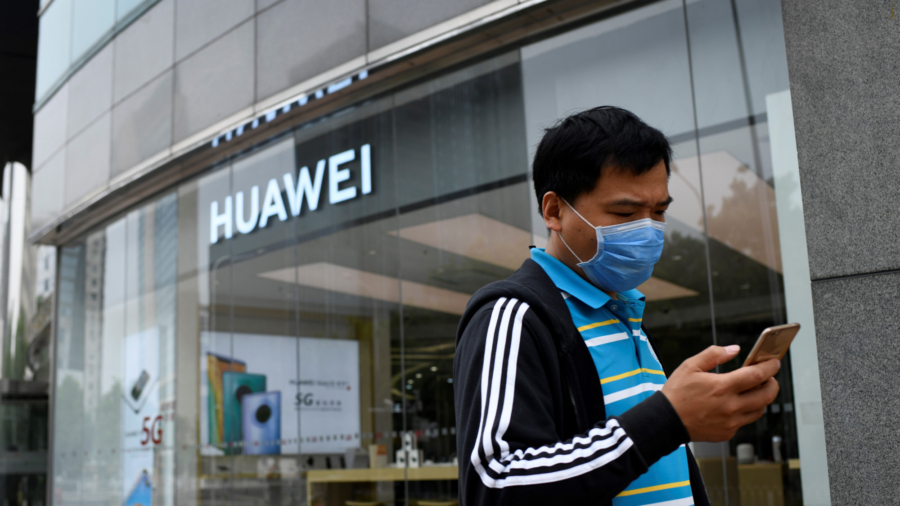The United States will impose visa restrictions on employees of Chinese tech giant Huawei and other Chinese tech companies that aid human rights violations around the world, the state department announced on July 15, a move that could bar them from entering the country.
The move is the latest action by the Trump administration targeting rights abuses by the Chinese Communist Party (CCP). It came one day after President Donald Trump signed into law a bill that would sanction Chinese officials and entities involved in suppressing freedoms in Hong Kong. The United States also sanctioned several CCP officials last week over their roles in suppressing Uyghur Muslims in the region of Xinjiang.
U.S. Secretary of State Mike Pompeo said at a press briefing that the restrictions would apply to “certain employees” of Chinese technology companies that “provide material support to regimes engaging in human rights violations and abuses globally.”
The department singled out Huawei, saying it was “an arm of the CCP’s surveillance state that censors political dissidents and enables mass internment camps in Xinjiang.”
A November report by an Australian think tank found that Huawei and Bytedance, video app TikTok’s parent company, facilitate the regime’s suppression of Uyghur Muslims in Xinjiang by providing surveillance technology and other services to security agencies.
“Certain Huawei employees provide material support to the CCP regime that commits human rights abuses,” the department said in a statement.
The restrictions are applied under the Immigration and Nationality Act, which allows the state secretary to refuse entry to those who “would have potentially serious adverse foreign policy consequences for the United States.”
The department did not specify which employees, nor what other companies would be affected. It did not immediately respond to queries about the measure. Huawei did not immediately respond to a request for comment.
Huawei and other Chinese technology companies have come under growing scrutiny in the United States and elsewhere over their risks to national security and their role in supporting the CCP’s rights abuses.
The administration last year blacklisted Huawei and its affiliates on national security grounds, and recently moved to limit its ability to buy global chips.
Meanwhile, Washington’s campaign to convince its allies to exclude the firm from their 5G rollouts appears to be gaining ground, with the United Kingdom being the latest country to ban Huawei from its 5G infrastructure.
Pompeo also said last week that the administration was considering banning Chinese social media apps, including TikTok. U.S. lawmakers have raised national security concerns over TikTok’s handling of user data, citing Chinese laws that require domestic companies “to support and cooperate with intelligence work controlled by the Chinese Communist Party.”
“Telecommunications companies around the world should consider themselves on notice: If they are doing business with Huawei, they are doing business with human rights abusers,” the state department said.
Since last October, the commerce department has put 36 Chinese public security bureaus and companies—including some of China’s top artificial intelligence (AI) startups and video surveillance company Hikvision—on its “entity list” over their roles in aiding the repression and surveillance of Uyghur Muslims in Xinjiang. The designation bars U.S. firms from doing business with those companies, unless they obtain a special license from the department.
From The Epoch Times


